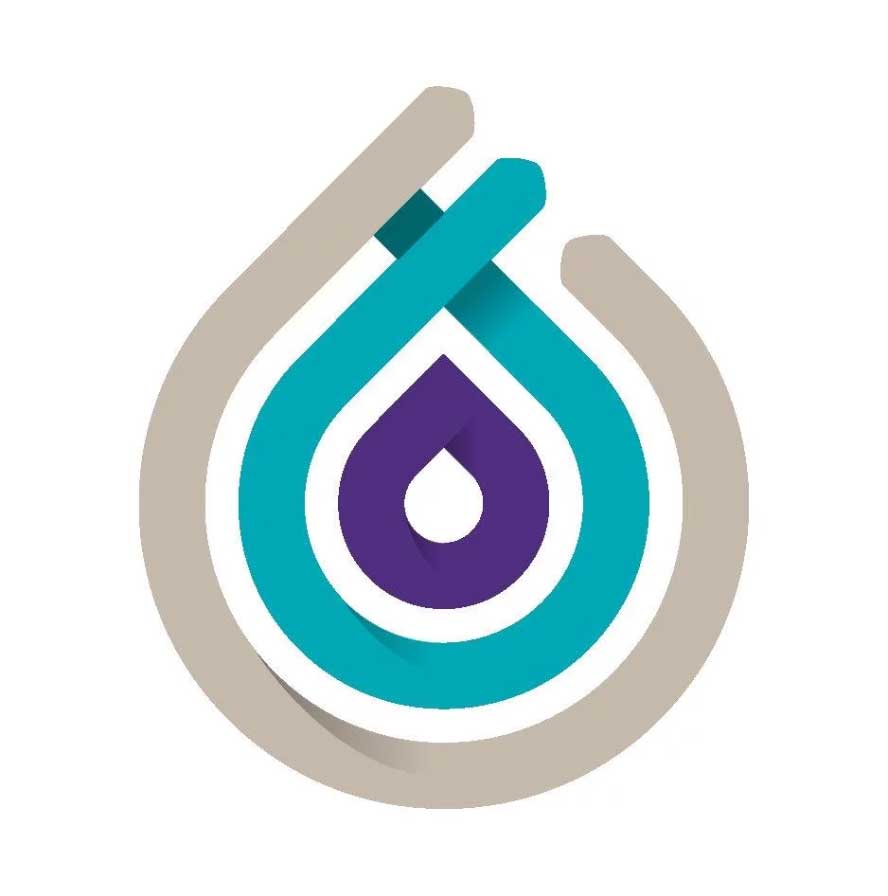-
Business Risk Service
Organisations must understand and manage risk and seek an appropriate balance between risk and opportunities.
-
Transaction Advisory, M& A, Business Consultancy
Transaction Advisory, M& A, Business Consultancy
-
IT Advisory
IT Advisory
-
Business Process Solutions
Business Process Solutions
-
Managing the VAT Audit
Managing the VAT Audit
-
Transfer Pricing
Global transfer pricing is all about understanding your business and the value drivers of your industry in an ever-changing environment.
Mideast insurers must gear up for IFRS 17 contracts implementation
Insurers need to gear up for the upcoming International Financial Reporting Standards (IFRS) 17 Insurance Contracts.
The new complex standard is set to impact all insurance companies to varying degrees.
Globally, many insurance companies have already started preparing for IFRS 17 Insurance Contracts implementation, the new IFRS accounting standard, which is effective for periods beginning on or after January 1, 2022.
Middle East insurers have also begun the first phase of impact assessment. Regulators across the Middle East have issued directives to submit the first-hand impact assessment and project plan for other phases to comply fully with IFRS 17.
The Central Bank of Bahrain issued circular number EDFIS/C/084/2019 dated October 15, 2019, which has set the gap analysis submission deadline of May 31, 2020. The firm announced it has an expanded financial services capability with the appointment of Shahnawaz Khan as partner. Prior to joining Grant Thornton Bahrain, Mr. Khan worked in London, Malta Bahrain, Kuwait and Oman in the financial services sector with core focus in insurance sector.
“The main aim of IFRS 17 is to standardise insurance accounting to ensure that users of IFRS financial statements are able to compare their past performance with their current financial position with other insurance and non-insurance companies. We have developed a range of IFRS 17 impact assessment tools to identify the gap analysis, determine the impact and lay down the road map to ensure a smooth transition to the new accounting standard,” said Mr. Khan.
IFRS 17 introduces changes to accounting and financial reporting, as is expected with adoption of a new accounting standard. There are notable modifications in the aggregation of balances in the statement of financial position and the statement of financial performance. Consequently, primary statement line items will be different under IFRS 17 when compared to IFRS 4 Insurance Contracts, the current insurance accounting standard. The calculation methods for the measurement of contract liabilities and insurance revenue are revised under IFRS 17. Both now incorporate the time value of money, which will have a greater bearing on long tail insurance contracts as opposed to short tail. Under IFRS 17, revenue represents the total change in the liability for remaining coverage that relates to coverage and services during the period for which the entity expects to receive consideration.
There are also additional disclosure requirements in the notes of the financial statements under IFRS 17. According to Grant Thornton Bahrain partner for financial services Yaser Abbas, the ramifications of IFRS 17 for insurance companies will be further reaching than merely the accounting and finance functions.
“IFRS 17 implementation will be a cross functional project and will have direct repercussions on the actuarial function, accounting and IT department.
“IFRS 17 stipulates that it is to be applied retrospectively and comparatives restated in the year if of transition. For many insurers, there will be the additional pressure of adopting IFRS 9 simultaneously. Hence, converting from IFRS 4 to IFRS 17 will require careful consideration.” Grant Thornton Bahrain’s senior partner Jatin Karia has stressed that the firm is committed to building in-house capability by bringing global expertise to benefit the local market in Bahrain. Welcoming Mr. Khan’s appointment, managing partner Jassim Abdulaal said the increase in capabilities aimed at supporting insurance companies locally and regionally on implementation of complex accounting standard. “We have a team of 130 professionals including 10 partners and directors all working to provide the best services in a niche market.

